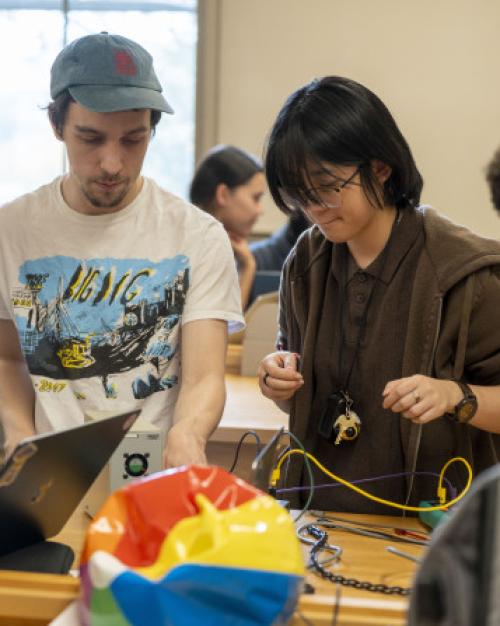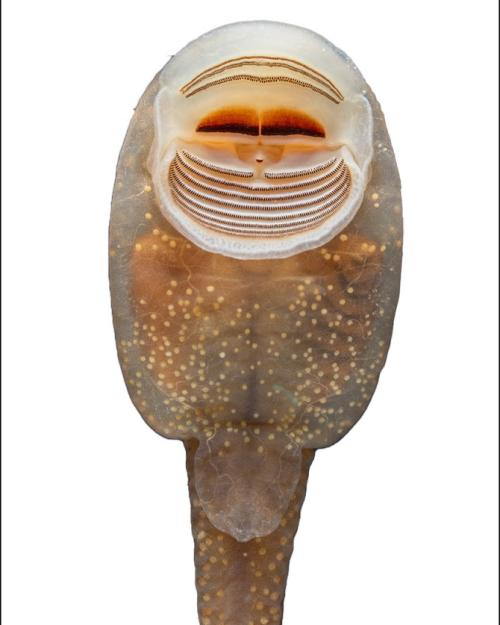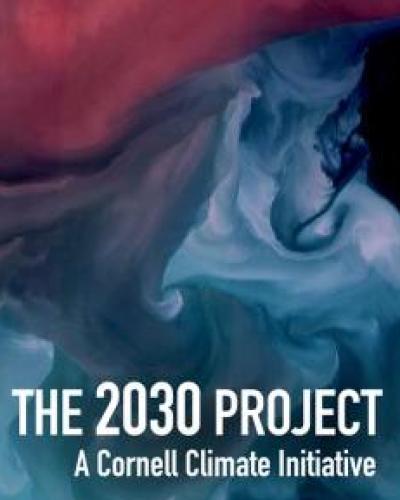To mitigate climate change, physicist David Specht, M.S. ’18, Ph.D. ’21, feeds electricity to microbes.
In turn, the insatiable Vibrio natriegens bacteria – the fastest duplicating organism on Earth, able to double itself in about 10 minutes – gorge on a sparky feast, but then the microbe can help scientists and farmers free up arable land, nourish livestock and feed farmed fish.
The V. natriegens endeavor is among the first “Moving Research to Impact” fast grants funded by the Cornell Atkinson Center for Sustainability as part of the 2030 Project: A Cornell Climate Initiative, which is mobilizing faculty to develop and accelerate tangible solutions to a warming world.
Grants were awarded on an array of climate solutions, including the development of advanced materials for carbon capture and solar panels, tools to help New York communities reduce their greenhouse gas emissions, recommendations for auto workers to navigate the workforce transition to electric vehicles, practices for reducing gas emissions in the dairy industry, and the creation of new textiles for cooling and energy efficiency.
“Climate change is a pressing challenge and we don’t have a moment to lose,” said Ben Furnas, executive director of the 2030 Project. “These grants are designed to get resources into the hands of Cornell’s world-class researchers quickly and to help them begin running projects that will make a difference. It’s just one way that the 2030 Project is mobilizing to do the greatest good in this decisive decade for climate action.”
The 2030 Project is accepting grant applications for the first round until Sept. 19.
In their V. natriegens project, Specht; Buz Barstow, assistant professor of biological and environmental engineering; and Sijin Li, assistant professor of chemical and biomolecular engineering, will construct a bioreactor device – they call it the OgRE, the On-the-fly Guide RNA-directed Evolution – that influences the quick development of V. natriegens in its electrically supported growth.
Such a microbial chassis, Specht said, will enable a myriad of applications that address climate change, including the replacement of agricultural inputs to produce carbon-neutral biofuels or animal feeds.
“We can use Vibrio natriegens in many ways,” Specht said. “Using renewable electricity to feed these microbes will help to reduce pressure on arable land to provide people with protein. We don’t have to cut down rainforests to feed growing populations.”
For this round, the remaining fast grants include:
- Robert Howarth, the David R. Atkinson Professor of Ecology and Environmental Biology, and Roxanne Marino, senior research associate in ecology and evolutionary biology, in the College of Agriculture and Life Sciences (CALS) will develop tools to assist local New York governments to consistently estimate greenhouse gas emissions, in accordance with the state’s Climate Leadership and Community Protection Act of 2019.





